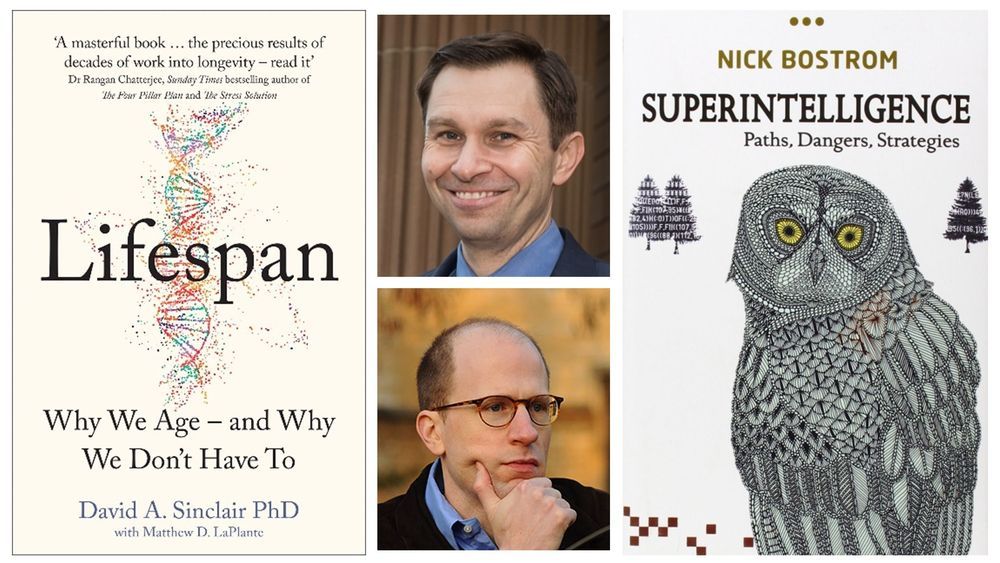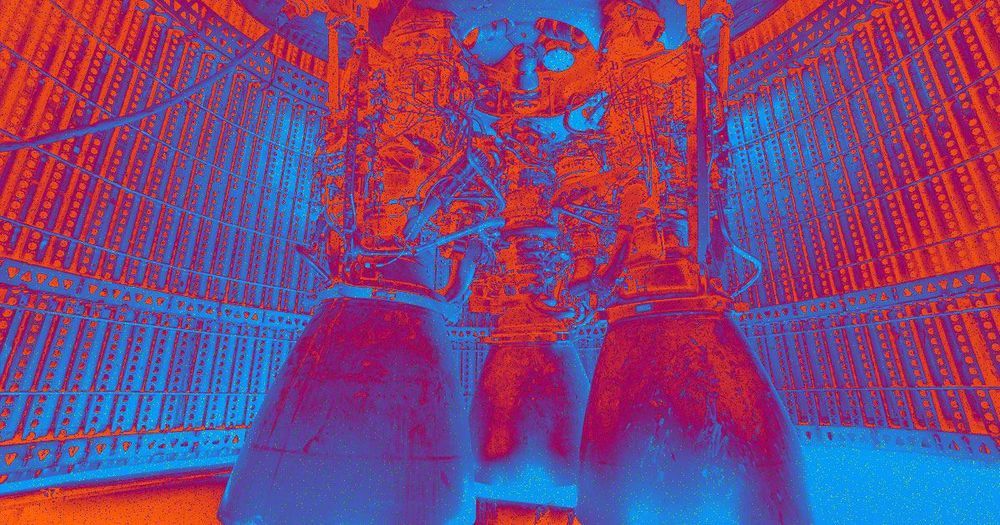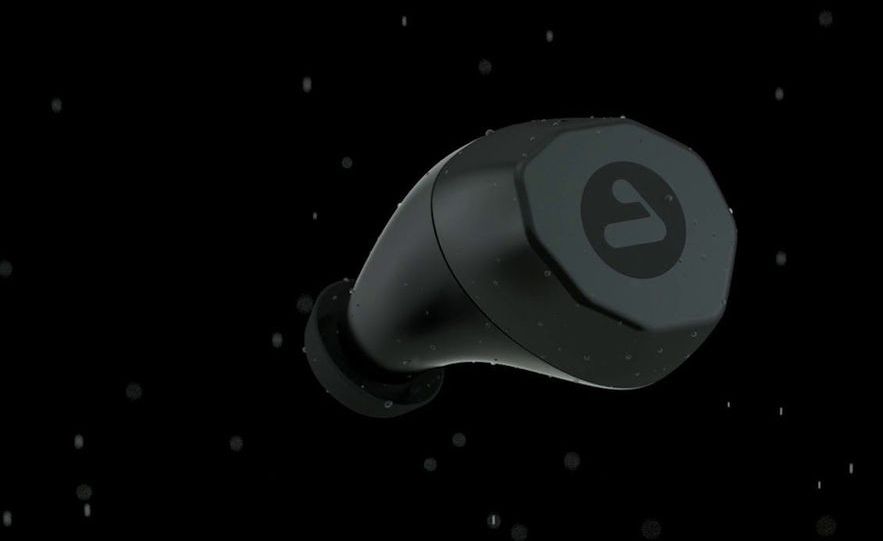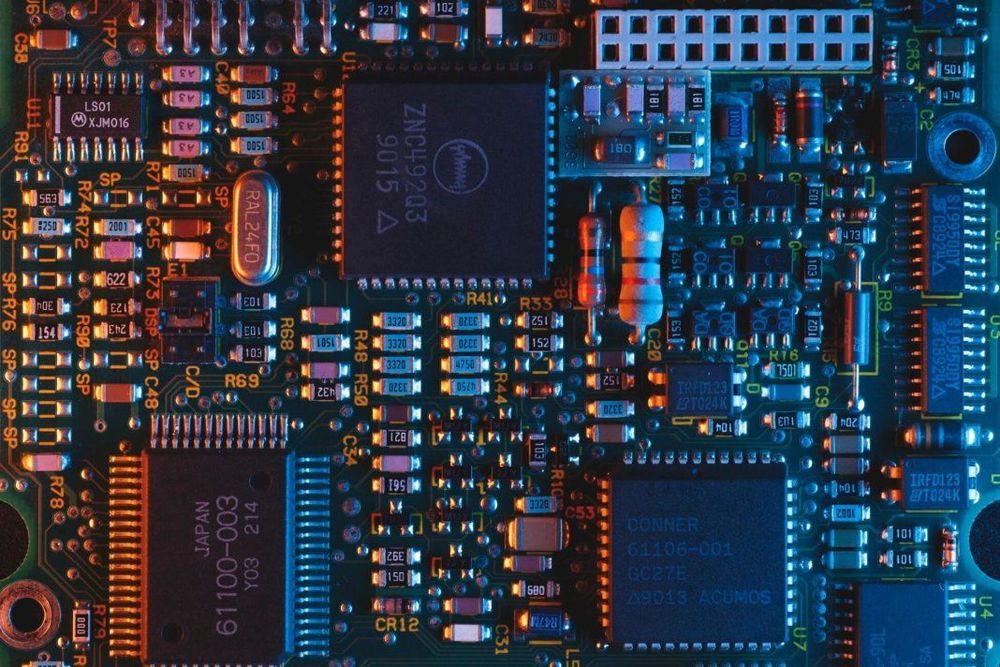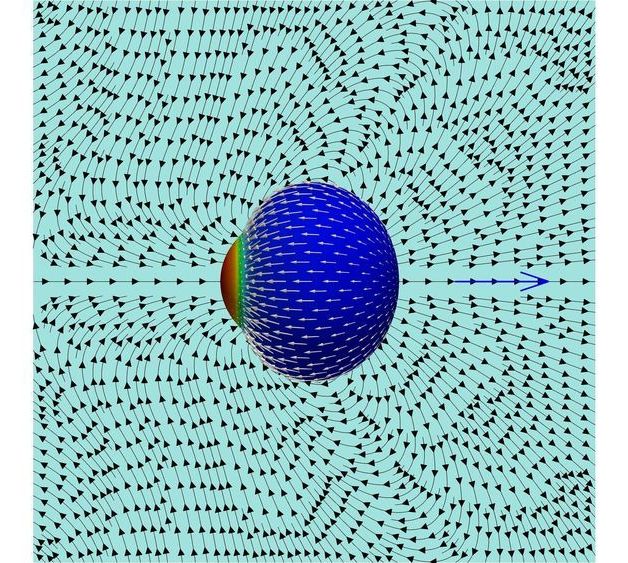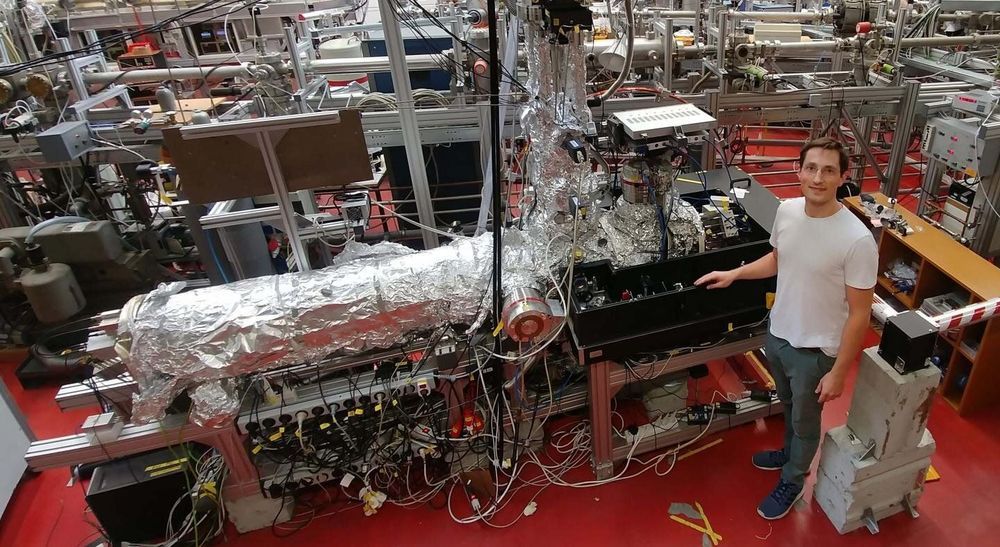
Albert Einstein received the Nobel Prize for explaining the photoelectric effect: in its most intuitive form, a single atom is irradiated with light. According to Einstein, light consists of particles (photons) that transfer only quantised energy to the electron of the atom. If the photon’s energy is sufficient, it knocks the electrons out of the atom. But what happens to the photon’s momentum in this process? Physicists at Goethe University are now able to answer this question. To do so, they developed and constructed a new spectrometer with previously unattainable resolution.
Doctoral student Alexander Hartung became a father twice during the construction of the apparatus. The device, which is three meters long and 2.5 meters high, contains approximately as many parts as an automobile. It sits in the experiment hall of the Physics building on Riedberg Campus, surrounded by an opaque, black tent inside which is an extremely high performing laser. Its photons collide with individual argon atoms in the apparatus, and thereby remove one electron from each of the atoms. The momentum of these electrons at the time of their appearance is measured with extreme precision in a long tube of the apparatus.
The device is a further development of the COLTRIMS principle that was invented in Frankfurt and has meanwhile spread across the world: it consists of ionising individual atoms, or breaking up molecules, and then precisely determining the momentum of the particles. However, the transfer of the photon momentum to electrons predicted by theoretic calculations is so tiny that it was previously not possible to measure it. And this is why Hartung built the “super COLTRIMS.”
